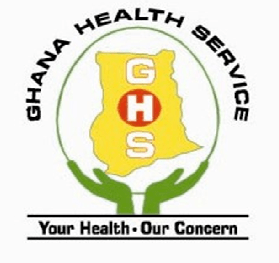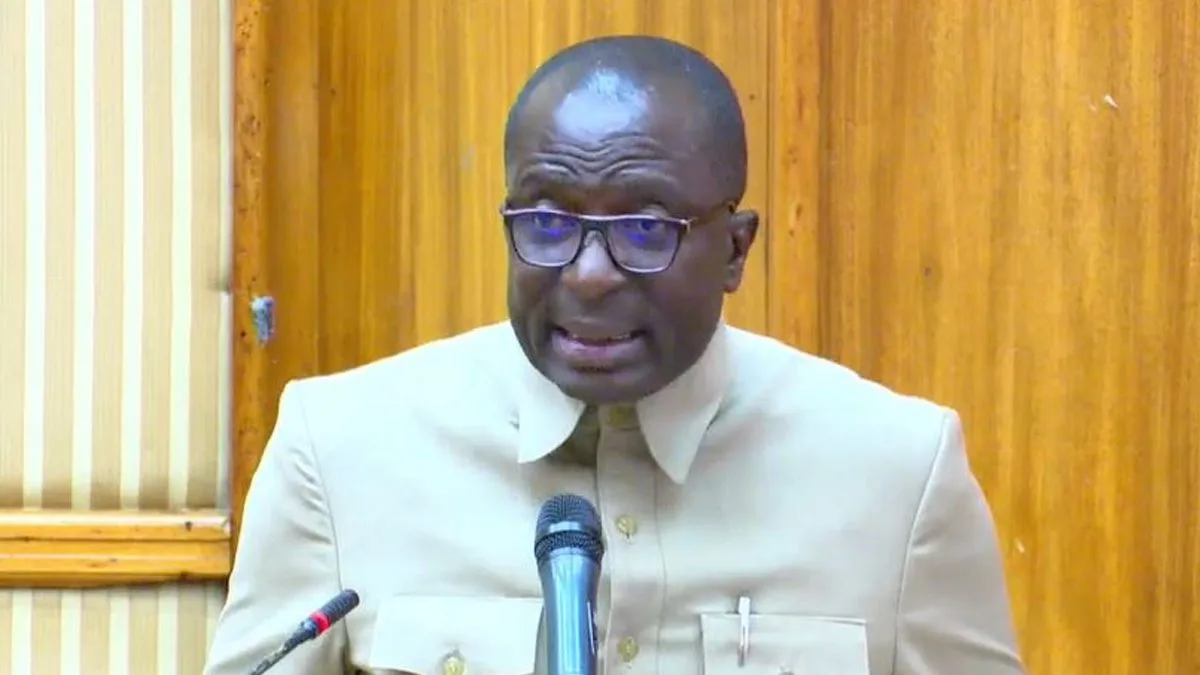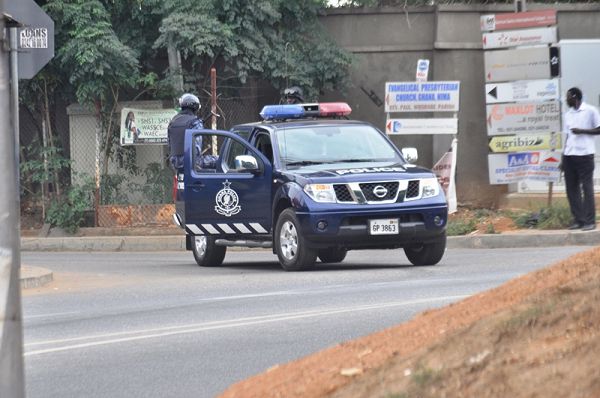
Health authorities in all countries are expected to use the existing standing guidelines to manage the Mpox outbreak locally while two types of vaccines have received green light to be used.
Currently, the disease has broken boundaries, having recorded a case in Sweden and the UK.
The Country Emergency Preparedness and Response Officer at the WHO Dr. Sally-Ann Ohene, in an exclusive interview with 3news said, “Currently, two types of vaccines have received green light to be used and so countries must quickly work on the accreditations for its use in their locality. I think DR CONGO has already started receiving donations of vaccines.”
She said the WHO is actively working on an updated version of the guidelines, which will focus on strengthening areas of surveillance and collaboration in the response plan.

“The WHO is actively working on updating the guidelines. So, the countries are currently using existing guidelines for their local response efforts. The declaration means the issue has reached a stage of severity and so collective steps and efforts need to be made to contain it. We do not want to have another emergency like covid which you know the effect,” Dr Sally-Ann explained.
The WHO is expected to release an updated guideline to all countries on how to manage the outbreak of Mpox from further surge. The standing guidelines includes and not limited to Coordination, strengthening laboratory-based surveillance, awareness creation and the provision of requisite resources for early detection.
The declaration of the disease as a public health emergency of international concern was borne out of the upsurge of Mpox cases in the Democratic Republic of the Congo (DRC) and a growing number of other countries in Africa.
The Director-General, Dr Tedros Adhanom Ghebreyesus’ declaration came on the advice of an IHR Emergency Committee of independent experts who met on Wednesday to review data presented by experts from WHO and affected countries.
The Committee informed the Director-General that it considers the upsurge of Mpox to be a PHEIC, with potential to spread further across countries in Africa and possibly outside the continent.
Although Ghana is yet to record any Mpox cases this year, it is classified among some 19 ‘at risk countries’ that are likely to be hit.
The Organization doesn’t know when the outbreak will be over, that’s why the focus is on strengthening areas of surveillance and collaboration for early detection.
Read also:
Fighting to hold on to dear life at KATH has been very frightening and painful – Ahiagbah | 3News
The post WHO directs health authorities in all countries to manage Mpox using existing guidelines first appeared on 3News.
Read Full Story














Facebook
Twitter
Pinterest
Instagram
Google+
YouTube
LinkedIn
RSS